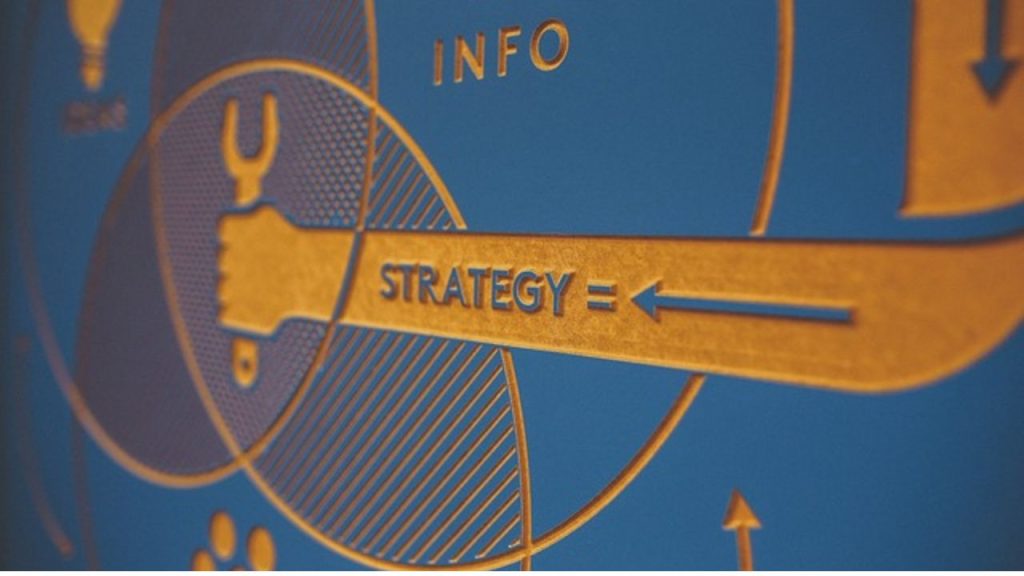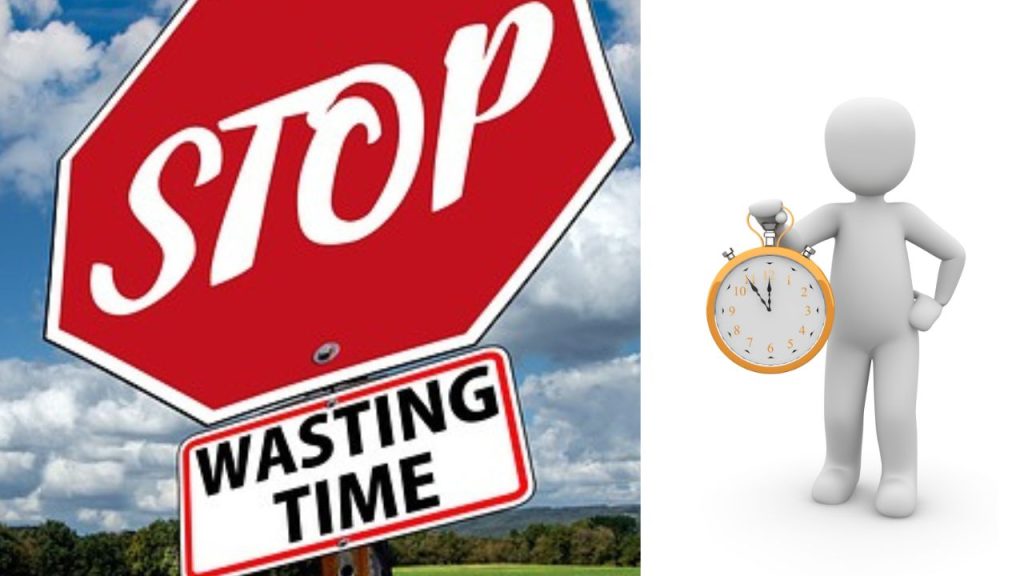Stop wasting your time with unproductive habits. Learn effective strategies to manage your time, boost productivity, and achieve your goals. Take control of your life today!
Stop Wasting Your Time:
This is one resource everyone has equal measures of; irrespective of your age, money, or social status, everybody gets 24 hours in a day. Yet, it’s the way one uses those hours that determines the quality of one’s life. Sadly, many people waste precious hours on activities with no real value attached to them, leaving their lives unfulfilled, stressed, or behind in life.
Let’s know why wasting time is detrimental and what psychological and practical traps can lead into time wastage, along with proven strategies to reclaim your time. So, let’s get into this breakdown.
The Value of Time: Why You Can’t Afford to Waste It

Before looking at solutions, it would be great if one could fathom why wastage of time is so debilitating. The clock is always running; time cannot be recovered if lost like money can be re-earned.
Time Equals Opportunity
Each hour of waste is another hour you should have used doing what you’ve wanted to or trying to develop. And it doesn’t just pile up, the wasted hours equal wasted years over time.
Example:
Wasting two hours daily on pointless activities amounts to 14 hours a week, or about 728 hours annually. That’s more than 30 days lost every year.
Time Shapes Your Future
The habits you build today define the person you will be tomorrow. How you spend your time today sets up for success in the future.
The Hidden Price of Wasting Time
Wasting time doesn’t just affect your productivity—it has far-reaching consequences on your mental and emotional well-being. Let’s explore these impacts:
1. Lost Potential
When you waste time, you miss out on opportunities to learn new skills, achieve milestones, or pursue passions. Over time, this leads to regret and a sense of unfulfilled potential.
2. Increased Stress and Anxiety
Most of the time, procrastination and poor time management result in missing deadlines, uncompleted tasks, and a massive pile of work, leading to stress and anxiety.
3. Wasted Relationships
Dwelling on social media or video games may lead you further away from those relationships that mean the most.
4. Bad Physical Health
Wasting time usually results in doing absolutely nothing, just sitting there like a couch potato, binge-watching TV, or scrolling your phone for hours. This would lead to excessive weight gain, improper posture, and other health concerns.
10 Most Common Ways to Waste Time (And How to Stop Wasting Your Time)

With that said, let’s learn why time is so precious by identifying the commonest time-wasting habits and how to defeat them.
1. Social media overuse
Social media is designed to keep you hooked. Endless scrolling not only wastes time but also contributes to anxiety and comparison syndrome.
Solution:
Limit your time using tools like Screen Time or Digital Wellbeing.
Unfollow accounts that don’t provide value.
2. Procrastination
Fear of failing or feeling overburdened by a task are common causes of procrastination.
Solution:
Break large tasks into smaller, manageable steps.
Employ productive techniques such as the “Eat That Frog” technique, whereby you tackle the hardest task for the day at the beginning of your day.
3. TV Addiction
Sometimes, watching excessive television is indeed relieving, but it wastes some hours that may be spent productively or for a good purpose.
Solution:
Limiting the screen in your daily activity
Prioritizing educational/motivational content over the entertainment one.
4. Multi-tasking
Most people lose focus and gain poor results trying to multitask.
Solution :
Apply the Pomodoro Technique by doing one thing at a time
Use a to-do list as a basis to prioritize your work.
5. Poor Prioritization
With no priorities at all, you may spend hours on things which are of no significant importance and which you are forgetting what’s essential.
Solution:
Rank using the Eisenhower Matrix
Do high priority tasks first.
6. Holding Unnecessary Meetings
Mostly, people conduct meetings with vague objectives that simply waste people’s time.
Solution:
Don’t go unless it’s truly necessary.
Use collaborative tools like Slack or email for quick updates.
7. Poor Organization
Wasting time looking for lost items or dealing with clutter.
Solution:
Spend 10 minutes a day decluttering your space.
Use digital tools like Evernote or Google Keep for organizing notes and ideas.
8. Gossip and Idle Chatter
Too much gossiping or idle chatter can ruin your day.
Solution:
Limit non-essential conversations during work hours.
Politely steer discussions toward productive topics.
9. Overcommitting
Saying yes to too many requests can stretch you thin and lead to burnout.
Solution:
Learn to say no in a firm yet kind manner.
Pay attention to commitments that support your objectives.
10. Gaming Addiction
While gaming can be a fun escape, excessive play can take over your life.
Solution:
Set strict gaming schedules.
Replace gaming with other hobbies like reading, exercising, or learning new skills.
Strategies to Stop Wasting Your Time

Here’s a holistic approach to gain control over your time again:
1. Clear Goals
Set what you want to achieve in your personal as well as professional life.
Action Steps:
Provide breaks to your goals that can be easily achievable.
Use SMART goals that are Specific, Measurable, Achievable, Relevant, and Time-bound.
2. Plan Your Day
A structured day prevents most of the wastage of time.
Action Steps:
Make use of the daily planner or digital calendar.
Schedule breaks in order to avoid burnout.
3. Limit Distractions
Identify your biggest distractions and take steps to eliminate them.
Action Steps:
Keep your phone in another room while working.
Use browser extensions like StayFocusd to block distracting websites.
4. Develop a Morning Routine
The tone for the remainder of the day is established by a productive morning.
Action Steps:
Start your day with exercise, journaling, or meditation.
Plan your top three priorities for the day.
5. Review and Reflect
Time spent is reviewed regularly to identify improvement areas.
Action Steps:
Maintain a time journal for a week.
Assess the time spent on productive and unproductive activities.
Tools and Apps to Enhance Productivity
Utilize technology to manage your time well.
Trello: Visual task management
RescueTime: Tracks and reports your digital habits
Forest: Helps you stay focused by gamifying productivity
Google Calendar: Simplifies scheduling and reminders.
The Long-Term Benefits of Stop Wasting your Time

When you stop wasting your time:
Make More: You can get things done and reach your objectives sooner.
Feel Better: Less stress and more control over your life improve mental well-being.
Build Better Relationships: Having more time for loved ones builds stronger connections. Learn what are management theories.
Final Thought
Time is your finest treasure. Every minute you waste is not just a loss, but also a missed opportunity to grow, achieve, and relate, so stop wasting your time. The more you comprehend the actual cost of lost time, the better you will be in taking control of your own time, making it a life filled with achievement and purpose.
Make today count. Don’t let another minute slip away into oblivion.




